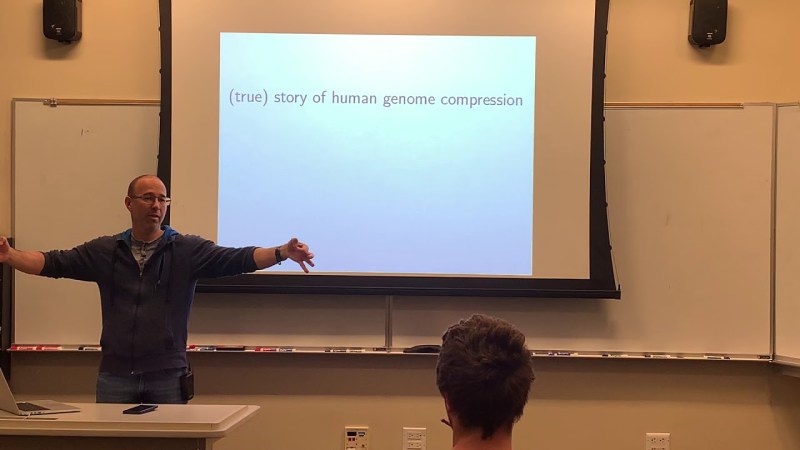In 2013, electrical engineering professor Tsachy Weissman received an email from an HBO producer who was looking to understand the field of data compression while working on a new TV show called “Silicon Valley.”
“I didn’t think it was serious, but on the off-chance that it was, I decided to reply,” Weissman said. “I figured that this could be an opportunity to try to bring out some of the more accessible elements of my area to the broader public and expose it and maybe through that attract people, students, to look into my area who might otherwise not consider the area relevant to them.”
Now in its final season, “Silicon Valley” is a nationwide phenomenon that conveys the quirky, crazy and disruptive nature of its namesake. The series centers on a group of friends building a data compression company that grows from a small startup to a tech behemoth.
While Weissman did not reveal much about what lies ahead in the show’s plot, he praised HBO’s attention to detail to get the culture and science correct.
“What you’ll find in the last season, there is a prescient plot in the intersection of compression, AI and cryptography, which is essentially security and privacy of data,” he said. “These three technological elements intersect with elements of social justice to explore the ways in which companies have monopolized their respective areas and use our data in ways that are not sufficiently beneficial to us.”
Then-graduate student Vinith Misra also served as a consultant.
Outside the show’s universe, Weissman has worked to increase the accessibility of research in the field of data compression and information theory.
Last year, Weissman launched an outreach program to share his research with an unlikely audience: students at Nixon Elementary School in Palo Alto. He gave the students in his class, EE 376A: “Information Theory,” the task of teaching grad-level topics to the students at Nixon.
“It was a defining moment for me when we decided to do an outreach event with my class of 120 students,” he recalled.
“Each project group had to create some sort of experience to communicate to K-5th graders, elements from their project,” he added. “It was so inspiring on so many levels. It challenged the students to distill elements from their work in ways that K-5th graders could understand or relate to.”
Weissman handed his students books like “Rocket Science for Babies” and “General Relativity for Babies,” asking them, “So why not ‘Information Theory for 5th graders?’”
Contact Shreyas Parab at sparab22 ‘at’ stanford.edu.
